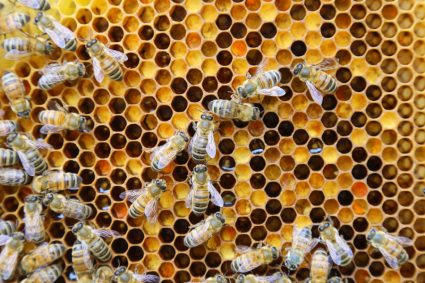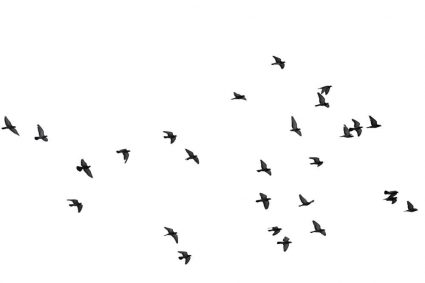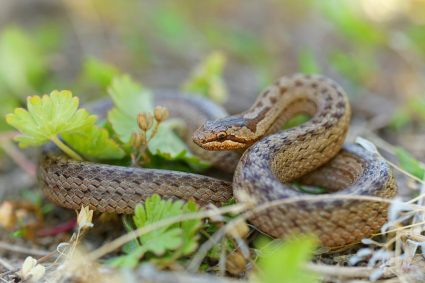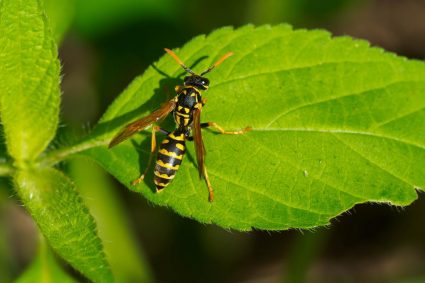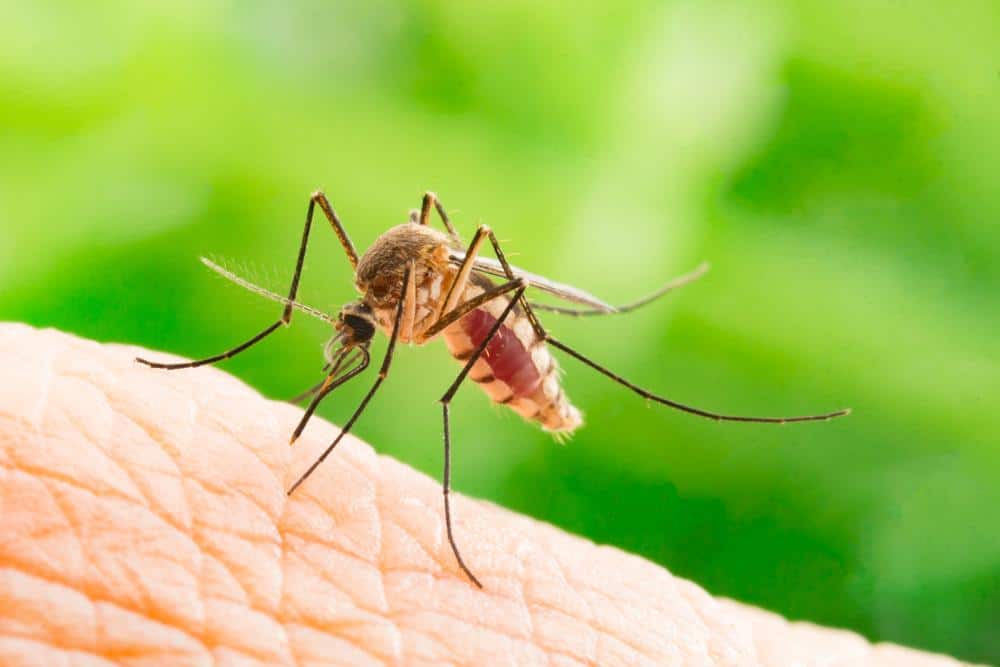
Mosquito bites on dogs can be a common occurrence, especially during warmer months when these pests are most active. Understanding what a mosquito bite looks like on a dog, its potential health risks, and preventive measures can help ensure your furry friend’s well-being.
A mosquito bite on a dog typically appears as a firm, irregularly shaped bump that is usually red and slightly swollen. Unlike human mosquito bites, which are flat and round, mosquito bites on dogs can look more like a small raised bump or welt. These bites occur in random, isolated spots on the dog’s body, especially in areas with less fur such as the ears, belly, inner legs, and groin region.
Identifying Characteristics of a Mosquito Bite on a Dog
A mosquito bite on a dog typically appears as a firm, irregularly shaped bump that occurs in random, isolated spots on the dog’s body. These bumps are usually red and slightly swollen. Unlike human mosquito bites, which are flat and round, mosquito bites on dogs can look more like a small raised bump or welt.
Areas with less fur, such as the ears, belly, inner legs, and groin region, are more likely to get bitten. Dogs may lick, chew, or rub the area where they have been bitten, indicating that they might have been bitten by a mosquito.
Differentiating Mosquito Bites from Other Insect Bites
Mosquito bites are often mistaken for other insect bites, such as flea or tick bites. Flea bites typically appear as clusters of red bumps, while tick bites can look like small red bumps that are difficult to distinguish from mosquito bites.
In contrast, mosquito bites are usually isolated and not in clusters. If you notice your dog scratching immediately after being outside, it’s likely a mosquito bite.
Other insect bites, like those from bees, hornets, or wasps, can cause small red bumps with a rounded raised center. Fire ant bites often turn into pus-filled blisters that resemble pimples.
Potential Health Risks of Mosquito Bites in Dogs
While a mosquito bite might seem like a minor annoyance, it can pose several health risks, including:
- Infections: If a dog scratches a mosquito bite too much, it can lead to open wounds that are susceptible to infection.
- Damage to the skin barrier: Constant licking and scratching can damage the skin barrier, leading to further discomfort and potential bacterial infections.
- Heartworm disease: Mosquitoes can transmit heartworms to dogs, a severe condition that results in severe lung disease, heart failure, and other organ damage.
- Other mosquito-borne diseases: Although rare, dogs can also contract other viruses like Eastern Equine Encephalitis (EEE) from mosquito bites.
Preventive Measures
Preventing mosquito bites in dogs is crucial to protect them from the potential health risks. Some preventive measures include:
- Using dog-friendly mosquito repellents
- Avoiding outdoor activities during peak mosquito activity
- Treating your yard to repel mosquitoes
- Checking the entrances to your home
- Using heartworm prevention medication
Treatment Options for Mosquito Bites in Dogs
If your dog gets bitten by a mosquito, several treatment options can help soothe the irritation and prevent infection, including over-the-counter treatments, topical itch-relieving sprays or lotions, aloe vera gel, cold compress, baking soda paste, oatmeal bath, hydrocortisone cream, antihistamine cream, and oral antihistamines.
It’s essential to monitor your dog’s condition and consult your veterinarian if you notice any signs of infection or severe allergic reaction.
In conclusion, while mosquito bites on dogs can be concerning, understanding what they look like and how to prevent and treat them can help keep your dog healthy and comfortable. Regular check-ups with your veterinarian can also help detect and treat any potential health issues related to mosquito bites early on.
Frequently Asked Questions
What are the peak mosquito activity times to avoid?
Mosquitoes are most active during dawn and dusk. It’s recommended to avoid outdoor activities with your dog during these times to reduce the risk of mosquito bites.
Can I use human mosquito repellents on my dog?
No, not all human mosquito repellents are safe for dogs. Some ingredients, like DEET, can be toxic to dogs. Always use a mosquito repellent that is specifically designed for dogs.
How often should I use heartworm prevention medication on my dog?
Heartworm prevention medication is typically administered monthly. However, it’s important to follow your veterinarian’s specific instructions based on your dog’s health and local heartworm disease prevalence.
What signs of infection should I look for in my dog after a mosquito bite?
Signs of infection can include redness, swelling, pus, increased pain, or fever. If you notice any of these symptoms, it’s important to consult your veterinarian immediately.
How can I treat my yard to repel mosquitoes?
There are various ways to treat your yard to repel mosquitoes, including removing standing water where mosquitoes breed, using mosquito-repelling plants, or using outdoor insecticides. Professional pest control services can also provide yard treatments.




